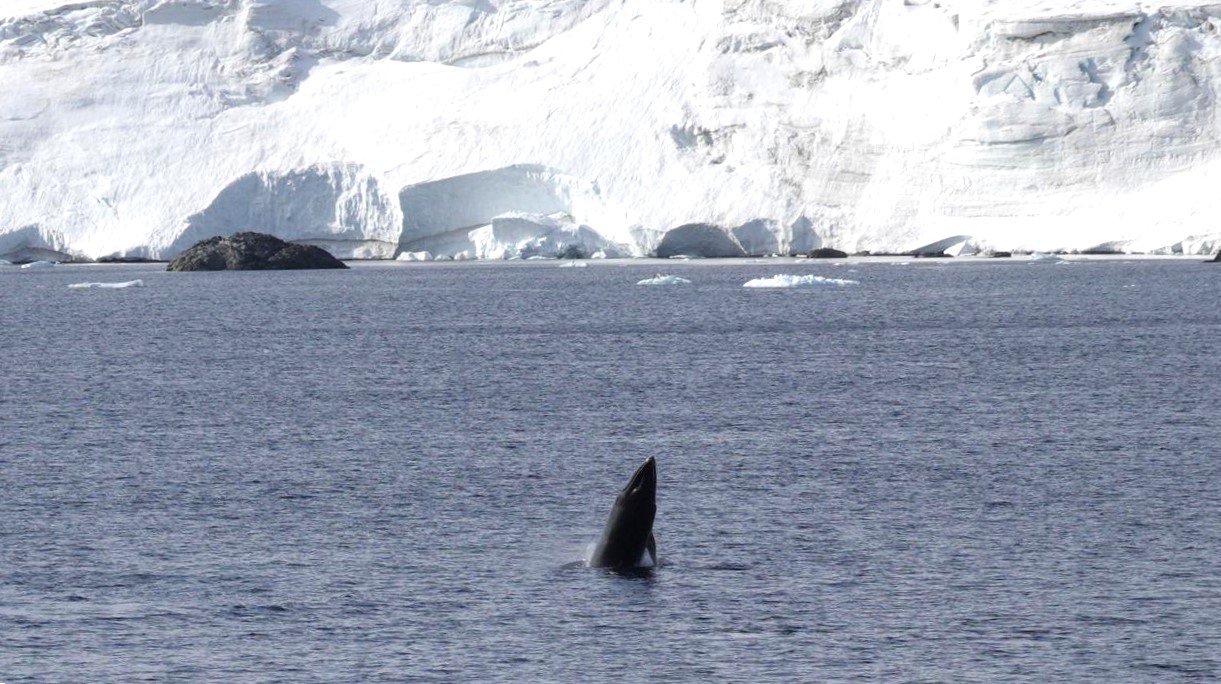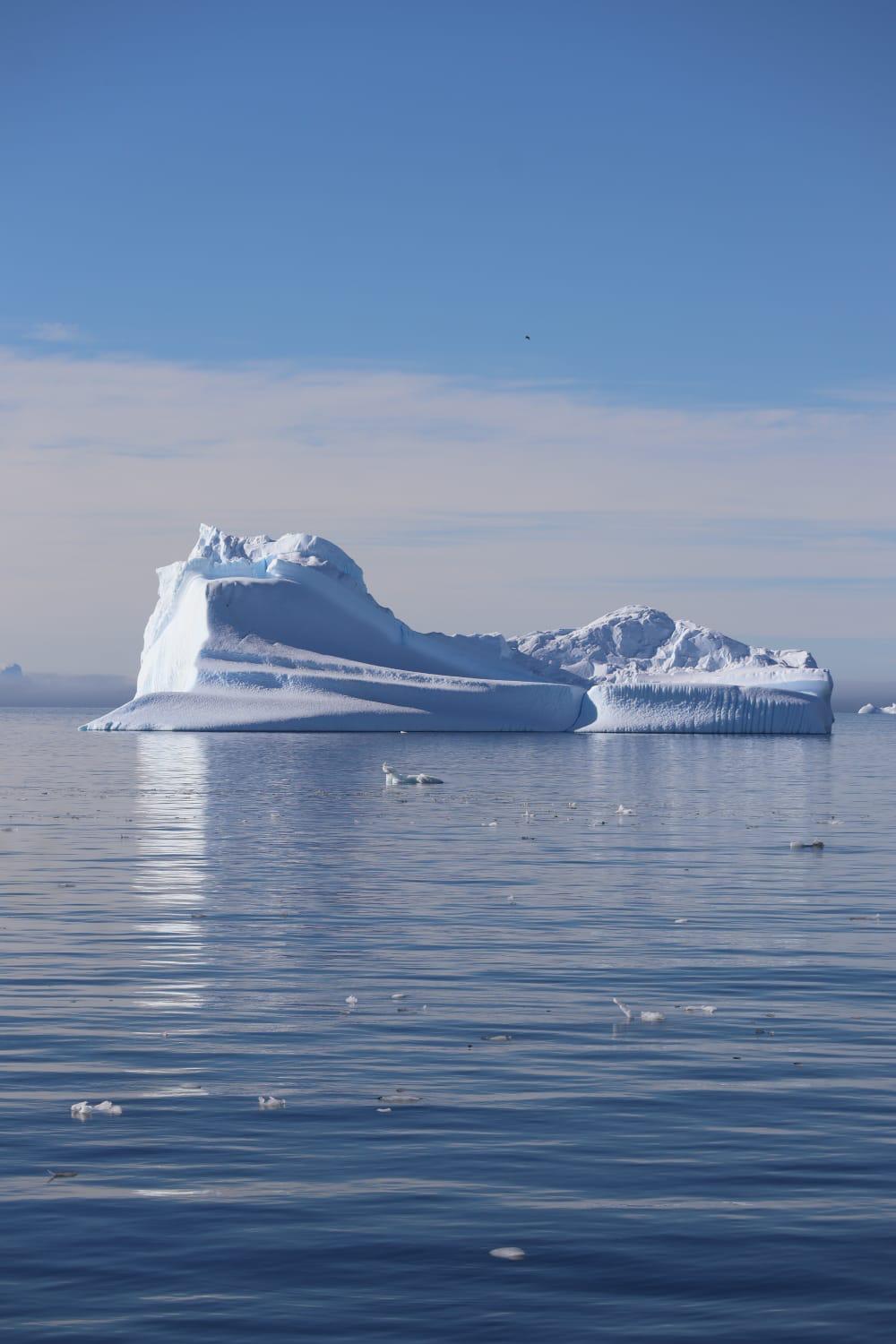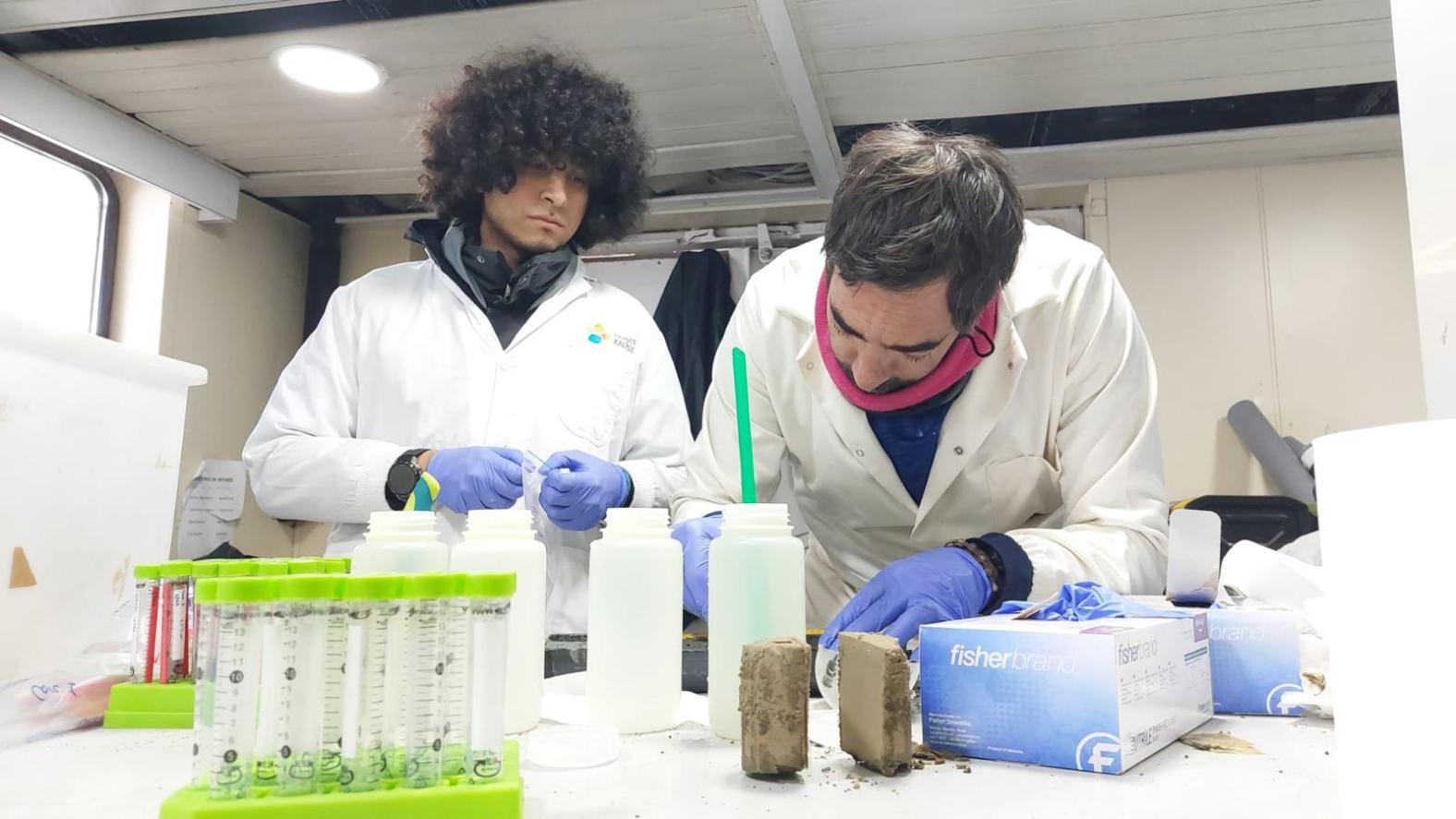Professor Carlos Duarte wins prestigious Japan Prize for his pioneering blue carbon research.
Convex Seascape Survey scientist, Professor Carlos Duarte, has won the prestigious Japan Prize, often referred to as the ‘Japanese Nobel Prize.’ The award recognises his contribution to our understanding of blue carbon, a term he first coined back in 2009.
Professor Duarte, based at King Abdullah University of Science and Technology (KAUST), leads the Convex Seascape Survey’s work looking into whale abundance in the Antarctic and the possible link to blue carbon stores. Members of his team are in Antarctica right now testing the theory that great whales maintain the ocean in a high-productivity state leading to increased carbon storage.
The fieldwork team are collecting, dating and analysing sediment cores to reconstruct environmental changes over the past 400 years and to identify historical whale population dynamics using environmental DNA. This period of time saw the demise and partial recovery of great whales in Antarctica, making it the perfect location to study the dynamics of carbon burial and its correlation with whale populations.
We will share more news from the team in Antarctica as their fieldwork progresses. In the meantime, please join us in congratulating Professor Duarte on this fantastic award.



